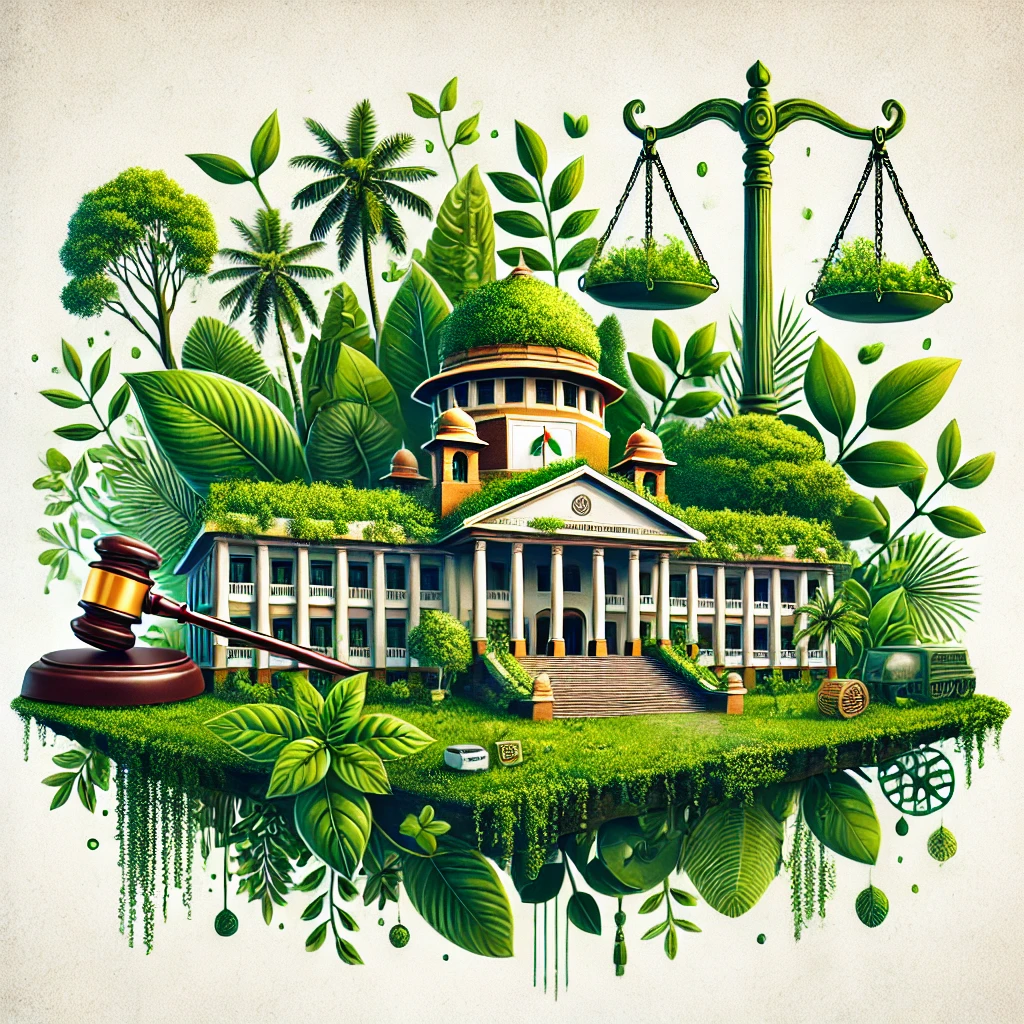Environmental laws at Ivory Coast
Côte d'Ivoire, also known as Ivory Coast, has established a comprehensive legal framework to address environmental protection and sustainable development. The cornerstone of this framework is the Environment Code, Law No. 96-766 of 3 October 1996, which defines the environment and sets out the rights and duties of citizens regarding environmental preservation.
Key Environmental Legislation:
Environment Code (Law No. 96-766): This code outlines the rights of citizens to a healthy environment and their responsibility to contribute to the preservation of natural heritage. It also establishes the legal basis for environmental impact assessments (EIAs) for development projects.
Water Code: Complementing the Environment Code, the Water Code regulates the management and protection of water resources, ensuring their sustainable use and addressing issues related to water pollution.
Mining Code: This code governs mining activities, addressing environmental considerations and ensuring that mining operations comply with environmental standards to mitigate adverse impacts.
Recent Developments:
In June 2023, Côte d'Ivoire unveiled a new environmental code aimed at combating plastic pollution. Despite a 2013 ban on the production, sale, and possession of plastic bags, enforcement has been lax, leading to significant plastic waste accumulation. The new code seeks to strengthen regulations and promote alternatives to reduce plastic waste.
International Commitments:
Côte d'Ivoire is a signatory to several international environmental agreements, including:
Convention on Biological Diversity
United Nations Framework Convention on Climate Change
Basel Convention on Hazardous Wastes
Ramsar Convention on Wetland Conservation
These commitments reflect the country's dedication to global environmental standards and cooperation.
Notable Environmental Incidents:
A significant environmental and public health crisis occurred in August 2006 when the Probo Koala, a ship owned by the company Trafigura, illegally dumped toxic waste in and around Abidjan. This incident resulted in 17 deaths and affected the health of approximately 100,000 individuals. In response, Côte d'Ivoire has taken legal actions, including the arrest of company executives and the establishment of a compensation fund for victims. The African Court on Human and Peoples' Rights has also ruled against Côte d'Ivoire for failing to protect its citizens from the toxic waste dumping, emphasizing the state's responsibility in environmental protection.
Conclusion:
Côte d'Ivoire's environmental laws are designed to protect natural resources, ensure sustainable development, and fulfill international environmental obligations. However, challenges remain in enforcement and addressing past environmental damages. Continuous efforts are needed to strengthen legal frameworks, improve enforcement mechanisms, and promote public awareness to achieve effective environmental protection and sustainable development in the country.




























0 comments